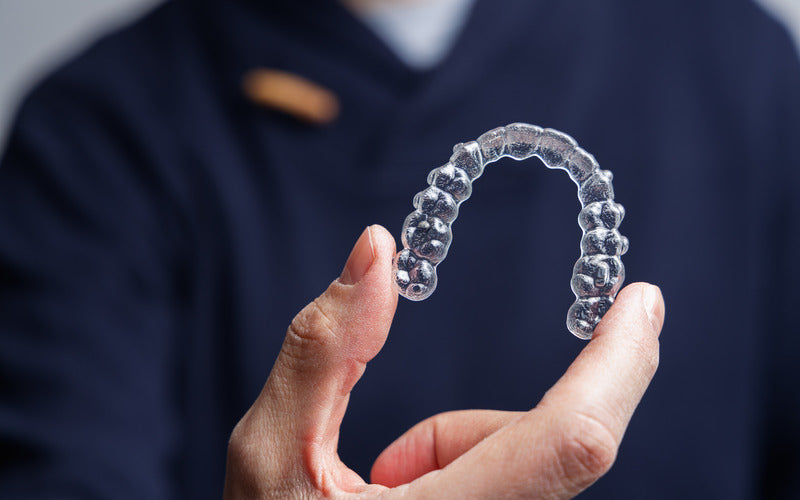Best 2024 Hair Transplant Solutions for Seniors
As individuals age, they may experience hair loss, which can impact their self-esteem and confidence. For seniors, hair loss can be particularly distressing as it is often associated with aging. However, advancements in medical technology have led to innovative hair transplant solutions that offer hope for seniors seeking to regain their hair and youthful appearance.
Related Topics (Sponsored Ads):
In this comprehensive guide, we will explore the best 2024 hair transplant solutions for seniors, considering factors such as effectiveness, safety, natural-looking results, and convenience. From traditional hair transplant procedures to cutting-edge treatments, these solutions are designed to help seniors embrace their changing appearance and regain their self-assurance.
Understanding Hair Loss in Seniors
Hair loss is a natural part of the aging process, and many seniors experience varying degrees of thinning hair or baldness. The primary cause of hair loss in seniors is a combination of genetic factors and hormonal changes. Androgenetic alopecia, commonly known as male or female pattern baldness, is the most prevalent type of hair loss among seniors. While it is a common occurrence, hair loss can significantly impact seniors' confidence and quality of life. Fortunately, there are effective hair transplant solutions available that can help seniors restore their hair and boost their self-esteem.

Traditional Hair Transplant Solutions
Follicular Unit Transplantation (FUT)
Follicular Unit Transplantation (FUT) is a traditional hair transplant method that involves removing a strip of hair-bearing skin from the donor area (usually the back of the head) and dissecting it into individual hair follicles. These follicles are then transplanted into the thinning or balding areas of the scalp. FUT can provide excellent results and is suitable for seniors with larger areas of hair loss. However, it may leave a linear scar, which can be concealed with longer hair.
Follicular Unit Extraction (FUE)
Follicular Unit Extraction (FUE) is another popular hair transplant technique that involves extracting individual hair follicles directly from the donor area using a punch tool. These follicles are then carefully transplanted into the recipient area. FUE leaves tiny, almost imperceptible scars, making it an ideal option for seniors who prefer shorter hairstyles.
Advanced Hair Transplant Solutions
Robotic Hair Transplant
Robotic Hair Transplant is an advanced and precise hair restoration method that utilizes robotic technology to extract individual hair follicles from the donor area. The robotic system can accurately select and harvest healthy hair follicles, leading to natural-looking results. The high level of precision minimizes scarring and ensures a faster recovery time for seniors.
Platelet-Rich Plasma (PRP) Therapy
Platelet-Rich Plasma (PRP) Therapy is a non-surgical hair restoration treatment that utilizes the patient's blood plasma to stimulate hair growth. The PRP is extracted from the patient's blood, enriched with growth factors, and injected into the scalp. PRP Therapy is a safe and effective option for seniors looking to enhance hair growth and density without undergoing surgery.
Scalp Micropigmentation (SMP)
Scalp Micropigmentation (SMP) is a non-invasive cosmetic procedure that involves tattooing the scalp to mimic the appearance of hair follicles. SMP is an excellent option for seniors who prefer the look of a closely shaved head or have limited donor hair for transplantation. This technique can create the illusion of a full head of hair and provide a youthful appearance.
Factors to Consider for Seniors
When considering hair transplant solutions, seniors should keep in mind several essential factors to ensure a successful and satisfying outcome:
Scalp Condition: Seniors should have a healthy scalp free from any infections or dermatological conditions before undergoing a hair transplant procedure.
Health Status: It is crucial for seniors to undergo a thorough medical evaluation to determine their eligibility for hair transplant surgery and ensure they are in good overall health.
Expectations: Seniors should have realistic expectations regarding the results of the hair transplant procedure. While significant improvement is possible, complete restoration to a full head of hair may not be feasible.
Recovery Time: Seniors should consider the recovery time and follow post-operative care instructions diligently to achieve optimal results.
Consultation with a Hair Restoration Specialist
Before undergoing any hair transplant procedure, seniors should schedule a consultation with a reputable hair restoration specialist. During the consultation, the specialist will assess the degree of hair loss, recommend the most suitable treatment option, and address any concerns or questions the senior may have. This personalized approach ensures that seniors receive the most appropriate and effective hair transplant solution tailored to their needs.
Boosting Confidence and Emotional Well-being
Hair loss can take a toll on seniors' emotional well-being, leading to feelings of self-consciousness and reduced confidence. Hair transplant solutions not only restore hair growth but can also boost self-esteem and help seniors feel more comfortable and confident in their appearance. By regaining their youthful look, seniors can embrace the aging process with renewed optimism and a positive outlook on life.
Conclusion
Hair transplant solutions offer seniors the opportunity to address hair loss and regain their confidence and self-assurance. With a variety of traditional and advanced techniques available, seniors can choose a hair transplant solution that best suits their individual needs and preferences. By consulting with a hair restoration specialist and considering important factors, seniors can make informed decisions and achieve natural-looking results. Embracing these innovative hair transplant solutions, seniors can confidently age with grace and enjoy their golden years with renewed vitality and self-assurance.




